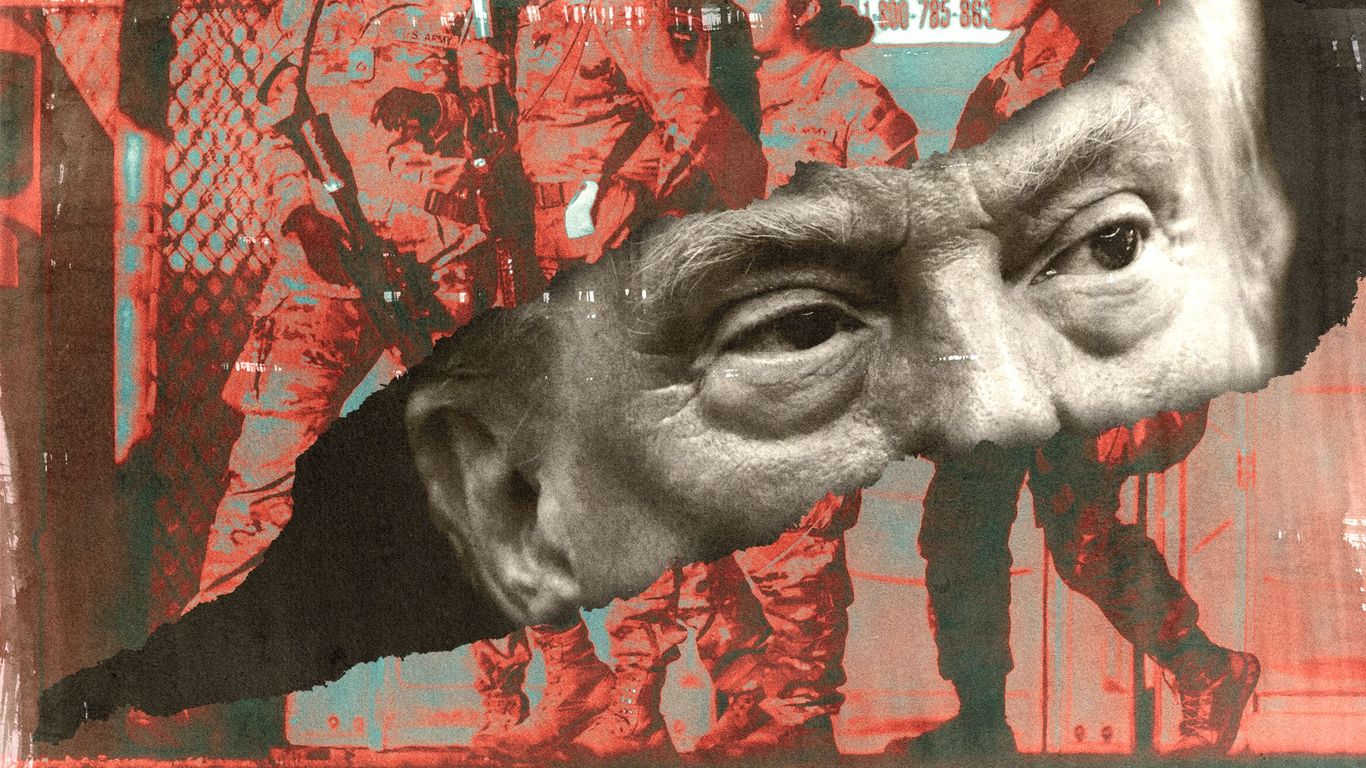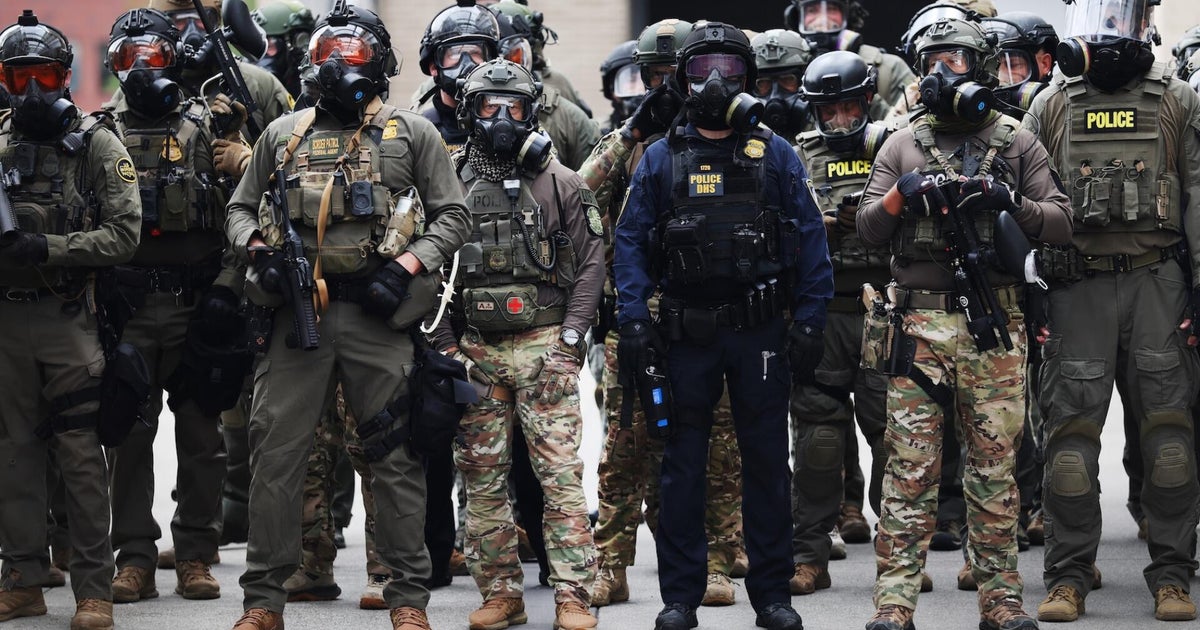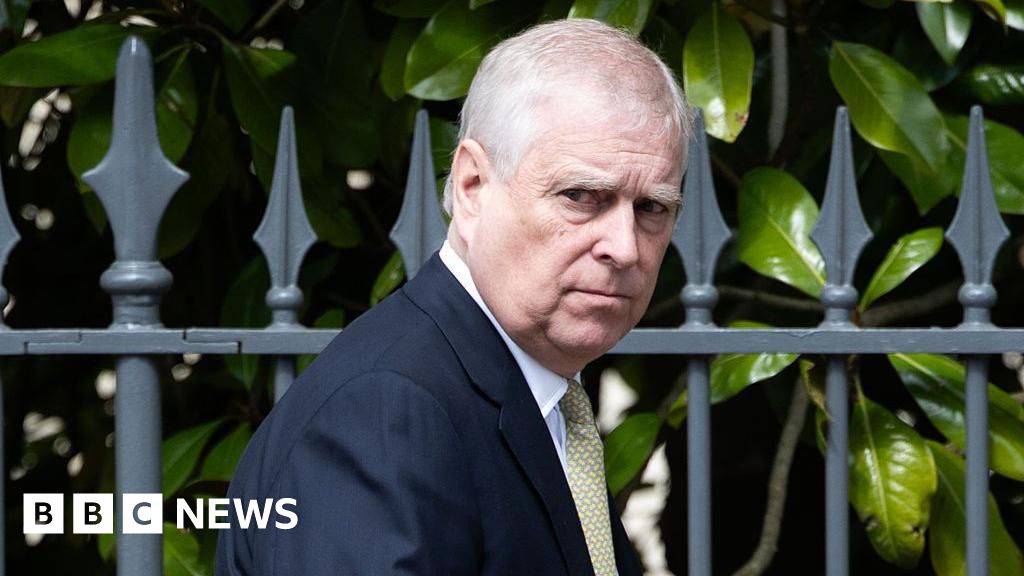Illinois Challenges Trump National Guard Deployment: A Legal Battle Over Federal-State Power
Legal Challenge to Troop Deployment
The state of Illinois is challenging President Donald Trump's decision to deploy National Guard troops in the Chicago area, citing a constitutional crisis. The state argues that the administration failed to consider pending legal challenges before proceeding with the deployment.
Context and Purpose
The deployment is part of a broader effort to address crime and lawlessness, as asserted by the Trump administration. However, local leaders and the state government have expressed strong opposition, calling it unnecessary and harmful to public safety.
Legal Implications
A federal court is set to weigh in on the matter, which could have significant implications for the balance of power between federal and state authorities. The ruling could establish important precedents for future deployments in similar situations, potentially influencing how the Posse Comitatus Act is interpreted in domestic law enforcement contexts.
About the People Mentioned
Donald Trump
Donald John Trump, born June 14, 1946, in Queens, New York, is an American businessman, media personality, and politician. He graduated from the University of Pennsylvania’s Wharton School in 1968 with a degree in economics. In 1971, he took over his family’s real estate business, renaming it the Trump Organization, through which he expanded into building and managing skyscrapers, hotels, casinos, and golf courses. Trump gained widespread fame as the host of the reality TV show *The Apprentice* from 2004 to 2015, which helped establish his public persona as a successful entrepreneur. Trump entered politics as a Republican and was elected the 45th president of the United States, serving from 2017 to 2021. His presidency was marked by significant policy actions including tax cuts, deregulation, the appointment of three Supreme Court justices, renegotiation of trade agreements (notably replacing NAFTA with the USMCA), and a focus on immigration control including border wall expansion. He withdrew the U.S. from international agreements such as the Paris Climate Accord and the Iran nuclear deal, and engaged in a trade war with China. His administration’s response to the COVID-19 pandemic was criticized for downplaying the virus’s severity. Trump was impeached twice by the House of Representatives—first in 2019 for abuse of power and obstruction, and again in 2021 for incitement of insurrection—but was acquitted by the Senate both times. After losing the 2020 election to Joe Biden, Trump challenged the results, culminating in the January 6, 2021, Capitol riot. He remains a central figure in American politics, having won the 2024 presidential election and returned as the 47th president in 2025, continuing to promote policies aimed at economic growth, border security, and military strength[1][2][3][4].
About the Organizations Mentioned
Illinois
When discussing "Illinois," it seems there might be confusion as it typically refers to the U.S. state rather than an organization. However, I'll provide an overview of the state's economic and organizational aspects, which might align with the query's intent. ## Overview of Illinois **Economic Role**: Illinois is a significant economic hub in the Midwest, known for its diverse industries, including finance, healthcare, and technology. The state is home to major cities like Chicago, which hosts numerous Fortune 500 companies and is a global center for business and technology. **History**: Illinois became a state in 1818 and has a rich history of industrial and agricultural development. Over the years, it has evolved into a major economic powerhouse, with significant contributions from sectors like manufacturing, transportation, and services. **Key Achievements**: - **Economic Growth**: In fiscal year 2025, Illinois achieved a record $54 billion in revenue, driven by strong personal income tax growth[1]. - **Healthcare Advancements**: Illinois transitioned to a state-based health insurance exchange, aiming to enhance healthcare access and affordability by 2026[7]. - **Legislative Initiatives**: The state passed the FY26 budget, incorporating new revenue sources and fiscal measures to address potential economic challenges[5]. **Current Status**: Despite economic progress, Illinois faces challenges such as pension obligations and a shrinking tax base[2]. The state is also impacted by federal policies, including reductions in Medicaid funding and changes in federal support programs[3]. **Notable Aspects**: - **Innovation Hubs**: Illinois is home to vibrant innovation hubs, particularly in Chicago, which supports startups and tech companies. - **Education**: The state hosts several top-ranked universities, contributing to its talent pool and research capabilities. - **Infrastructure**: Illinois continues to invest in infrastructure projects, enhancing its transportation and economic development capabilities. In summary, Illinois is a dynamic state with a strong economic presence, ongoing legislative efforts
Trump administration
The **Trump administration** refers to the executive branch of the U.S. federal government during Donald J. Trump’s presidency, initially from January 20, 2017, to January 20, 2021, and resuming with his second term starting in 2025. It was characterized by a mix of aggressive domestic policies, significant judicial appointments, and a distinct foreign policy approach that emphasized "America First" principles[4][8]. The administration’s key activities included **tax reform**, notably passing the $3.2 trillion Tax Cuts and Jobs Act, which represented the largest overhaul of the U.S. tax code in decades[5]. Trump also renegotiated trade agreements with major economies including Mexico, Canada, China, Japan, and South Korea, prioritizing bilateral deals over multilateral ones such as the Trans-Pacific Partnership (TPP), which the administration withdrew from early on[1][2]. The administration sought to protect American jobs by restricting cheap foreign labor and influencing agencies like the Tennessee Valley Authority to retain American workers[5]. On the judicial front, the Trump administration appointed over 200 federal judges, including three Supreme Court justices—Neil Gorsuch, Brett Kavanaugh, and Amy Coney Barrett—shaping the judiciary for years to come[4]. These appointments were among the most significant achievements, influencing U.S. law on multiple fronts. In foreign policy, the administration pursued a controversial agenda: it imposed travel bans on several predominantly Muslim countries, withdrew U.S. troops from northern Syria, and supported Saudi Arabia militarily despite congressional opposition related to the Yemen conflict[1][3]. It also fostered new international technology alliances, such as securing commitments from allies to exclude Chinese telecom giant Huawei from 5G infrastructure and signing AI cooperation agreements with the UK[5]. The Trump administration faced substantial political turmoil, including two impeachments by the House of Representatives—first in 2019 over Ukraine dealings, and again in 2021 following the January
















